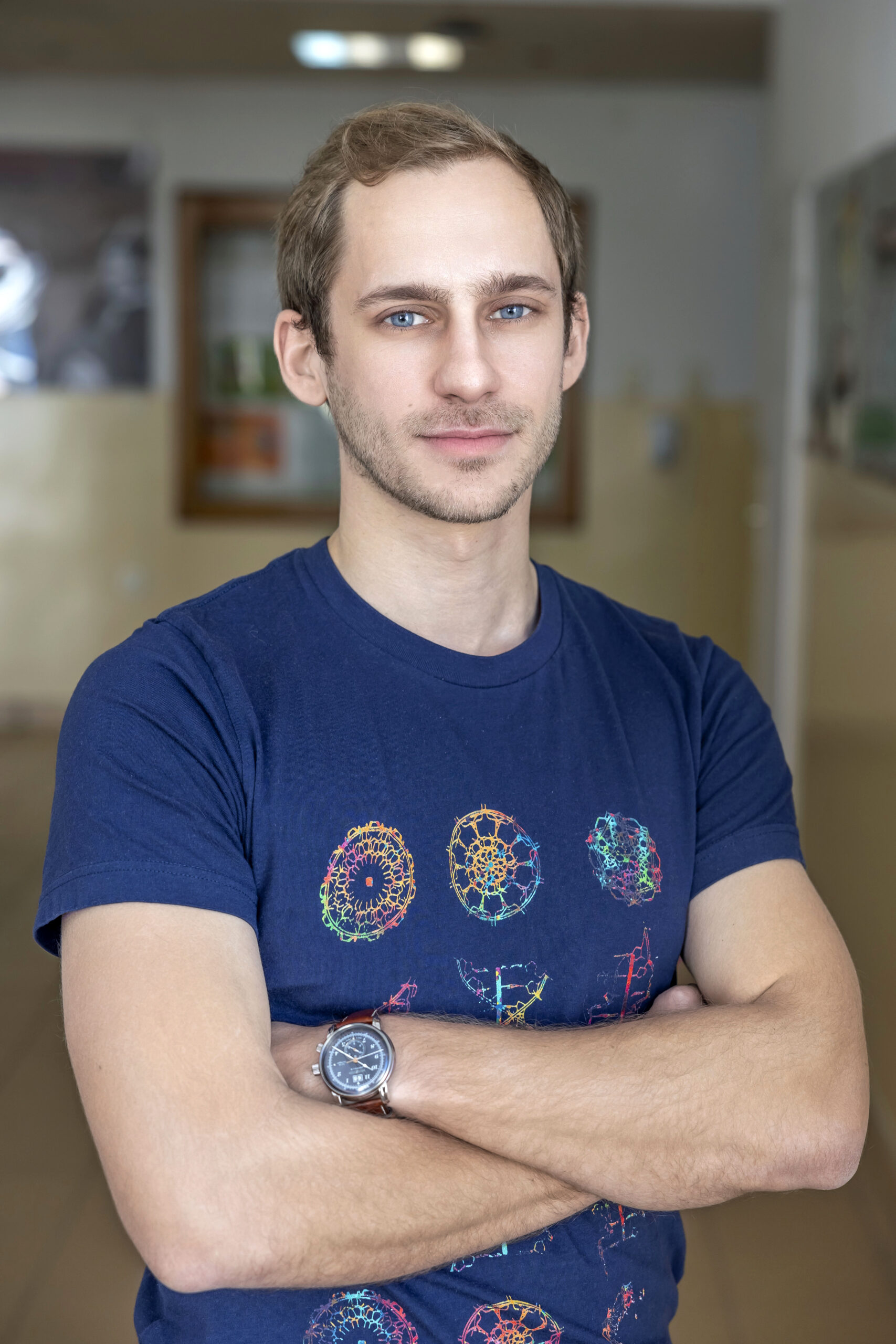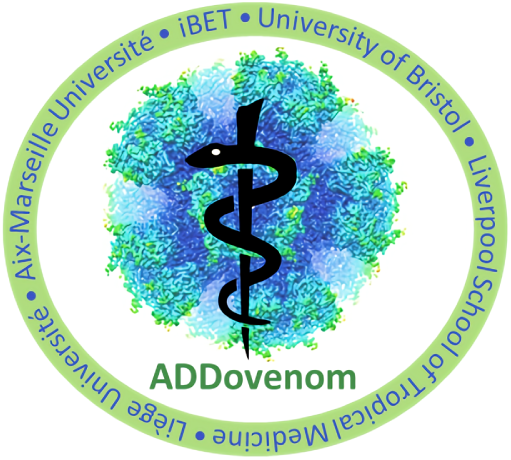Dr Konrad Hus, a Research Associate at the University of Bristol, has been awarded a Marie Skłodowska Curie Fellowship for a project aimed at finding effective solutions for neutralizing the neurotoxic effects induced by African mamba venoms.
Leveraging the ADDovenom platform, the project will identify binders with broad cross-reactivity against the neurotoxins commonly found in these snakes. Supervised by ADDovenom Project Coordinator Prof Christiane Schaffitzel, this initiative holds promise for providing the basis for next-generation antivenom treatments against a broad range of African mambas.
***
Project title: Advancing Antivenom Therapy with ADDovenom: Targeting Neurotoxins in Mamba Snake Envenoming Using ADDobodies and ADDomer.
Abstract: The proposed project seeks to address the current deficiencies in antivenom treatment for snakebite envenoming (SBE) and alleviate the substantial burden of mortality and morbidity caused by this Neglected Tropical Disease. SBE affects economically and medically disadvantaged farming communities in Asia, sub-Saharan Africa, and Latin America, leading to up to 138,000 deaths and 400,000 disabilities annually. Currently, a major obstacle stems from the weak efficacy of existing antivenoms derived from hyperimmunized animals, requiring the usage of multiple vials and leading to increased adverse effects and treatment costs. Additionally, the wide variation in snake venoms at different taxonomic levels, especially with low-molecular mass toxins displaying limited immunogenicity, further complicates the issue with antivenom development. The proposed project is part of the larger ADDovenom initiative but will have a specific focus on neutralizing the effects of neurotoxins responsible for descending neuromuscular paralysis after envenoming by Dendroaspis mambas. The project will select toxin candidates from mambas venoms and use them as a basis for designing consensus-toxins with cross-affinity towards different neurotoxins. These engineered consensus-toxins and original toxins will then be recombinantly produced to search for effective binders. To identify the specific agents with high affinity for the target toxins, the project will employ the advanced technique of Ribosome Display. This involves a diverse DNA library encoding ADDobodies, which are adenovirus-based protein scaffolds with the capacity to bind various molecules. Through in vitro evolution, these ADDobodies will be refined to effectively neutralize neurotoxins, offering a promising treatment for envenoming by the Dendroaspis mambas.


